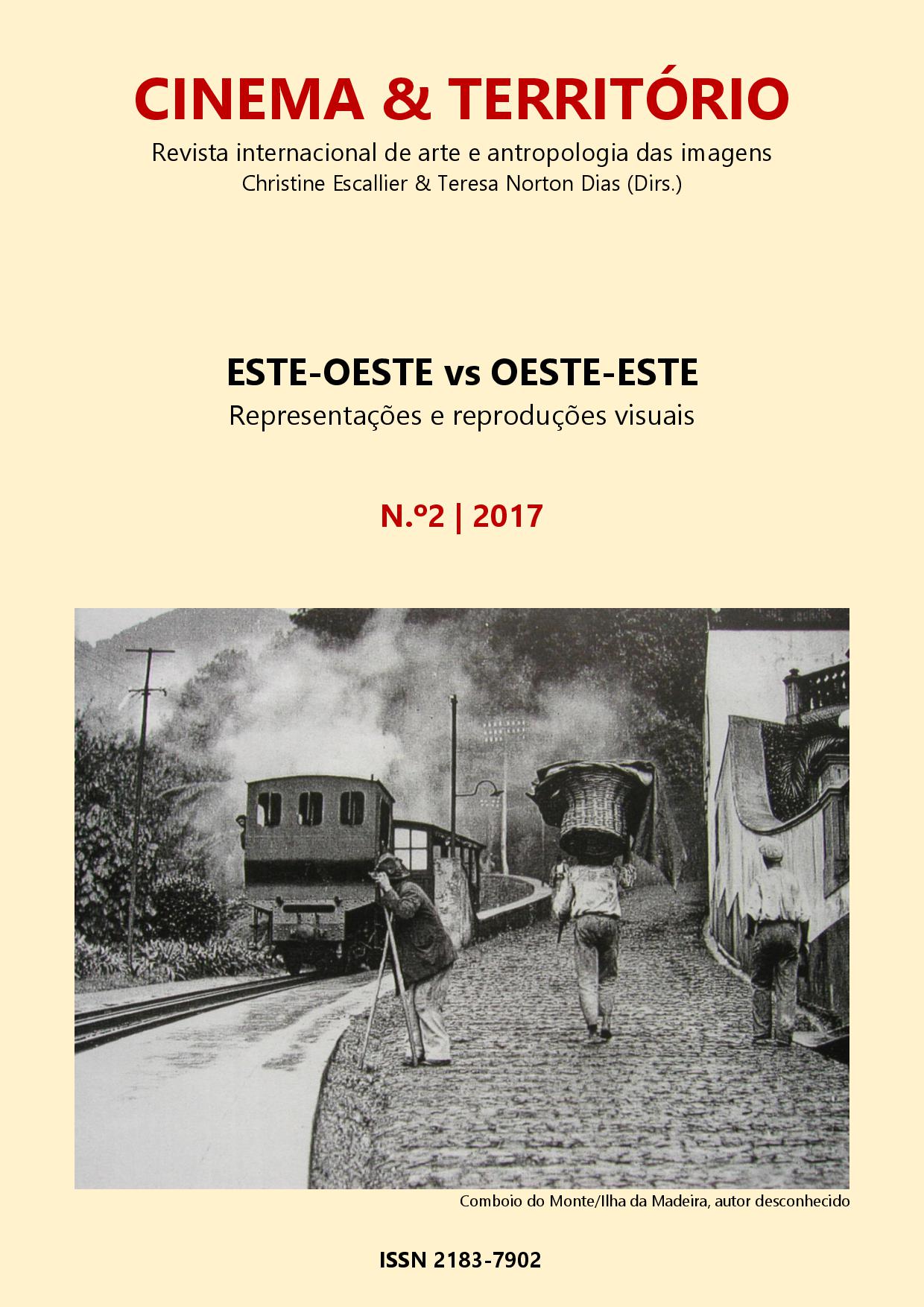"Non ou a vã glória de mandar": an identity and geopolitical portrait of Portugal
DOI:
https://doi.org/10.34640/universidademadeira2017silvaKeywords:
portuguese cinema, nacional identity, Manoel de Oliveira, Non ou a vã glória de mandar, cinema and territoryAbstract
One of Manoel de Oliveira's best known films, Non ou a vã glória de mandar, shows a group of soldiers facing the war in Africa in 1974. Oliveira recounts, in a kind of The Lusiads inside out, the history of Portugal, but through the bitter defeats suffered inside and outside Lusitanian territory, always resulting from the "vain glory of command". In each episode portrayed, there is failure in social and territorial disputes - ranging from the historical event of Viriato, leader of the Lusitanian tribes in resistance to the Romans, to the infamous battle of Alcácer-Quibir and the resulting designs of sebastianism. Listing a series of episodes that date back to the history of Portugal, Manoel de Oliveira seeks to make a reflection on the human and cultural dimension of the Portuguese people having the Lusitanian space as a motto to understand this relationship. This article seeks to analyse in the film Non ou a vã glória de mandar, the relationships established between cinema and the concept of territory which serve as a common thread for reflection on the formation of a nation, in addition to observing the cinema of Oliveira as a space for the expression of the [...].
References
Baecque, A & Parsi, J. (1999). Conversas com Manoel de Oliveira. Porto: Campo das Letras.
Bueno, A.F. (2014). “Olhares sobre o Império: Manuel Alegre e Manoel de Oliveira”. Via Atlântica, São Paulo n. 26, 287-301.
Godoy, P.R.T. (2008). “A produção do espaço: uma reaproximação conceitual da perspectiva lefebvriana”. In: GEOUSP - Espaço e Tempo, São Paulo, Nº 23, 2008, p. 125-132.
Lefebvre, H. (2006). A produção do espaço. Trad. Doralice Barros Pereira e Sérgio Martins (do original: La production de l’espace. 4e éd. Paris: Anthropos, 2000).
Primeira versão: início-fev.2006. Disponível em: https://gpect.files.wordpress.com/2014/06/henri_lefebvre-a-produc3a7c3a3odoespac3a7o.pdf. Acessado em 19 de agosto de 2017.
Maia, C. (2010) “O eterno retorno: memória e identidade em Non, ou a Vã Glória de Mandar”. In: Sales, M. & Cunha,P. (Orgs.). Olhares: Manoel de Oliveira. Rio de
Janeiro: Edições LCV/SR3/UERJ
Santos, B.S. (1993). Modernidade, identidade e a cultura de fronteira. Tempo Social; Rev. Sociol. USP, S. Paulo, 5(1-2): 31-52
Vieira, A. (2001). Sermões. Tomo I. (organização e introdução Alcir Pécora). São Paulo: Hedra.
Xavier, I. (2013). “A morte do Alferes Cabrita e a paixão portuguesa”. In: Novos estudos. nº 97. São Paulo: CEBRAP. p. 129-147.
Filmografia
Oliveira, M. (Diretor). (1990). Non ou a Vã Glória de Mandar. Lisboa/Sevilha/Senegal.
Downloads
Published
How to Cite
Issue
Section
License
Copyright (c) 2017 Mariana Veiga Copertino F. da Silva

This work is licensed under a Creative Commons Attribution-NonCommercial 4.0 International License.
For more information follow the link: CC Atribuição-NãoComercial 4.0








